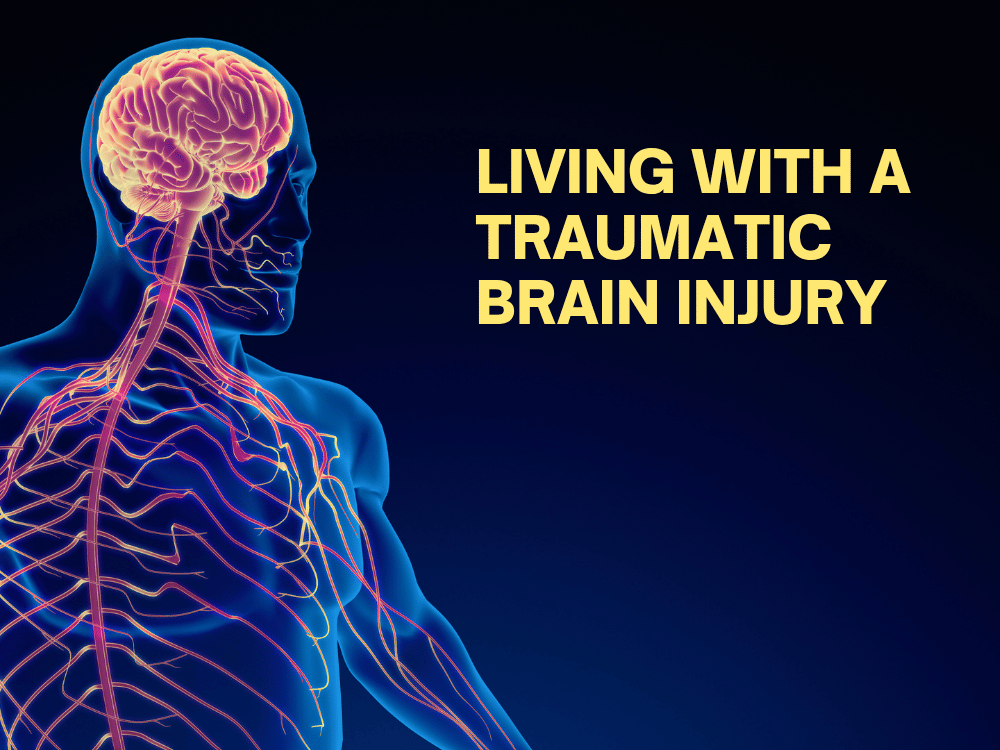Living With a Traumatic Brain Injury: What Victims and Families Need to Know

A traumatic brain injury (TBI) is one of the most devastating injuries a person can suffer. Whether the result of a car accident, fall, work incident, or act of violence, the consequences of a TBI often extend far beyond the initial trauma. For victims and their families, the road to recovery can be long, uncertain, and emotionally taxing.
Understanding the full impact of a TBI—and knowing where to turn for help—can make all the difference in managing the challenges that follow.
What Is a Traumatic Brain Injury?
A traumatic brain injury occurs when a sudden impact or jolt causes damage to the brain. TBIs are typically classified as mild, moderate, or severe, depending on the extent of the damage. Even a mild TBI, such as a concussion, can result in serious symptoms if left untreated or repeated over time.
Moderate to severe TBIs often involve prolonged unconsciousness, memory loss, cognitive impairment, and long-term physical or behavioral changes.
Common Causes of Traumatic Brain Injuries
In Pennsylvania, the leading causes of TBIs include:
-
Motor vehicle accidents
-
Slip and fall accidents
-
Workplace injuries
-
Sports injuries
-
Assaults or physical violence
-
Medical negligence during surgery or birth
Symptoms of a TBI to Watch For
Symptoms may vary depending on the severity of the injury and the area of the brain affected. Common signs include:
-
Memory problems or confusion
-
Headaches or dizziness
-
Mood swings or personality changes
-
Difficulty speaking or understanding language
-
Vision or hearing issues
-
Fatigue and sleep disturbances
-
Seizures or loss of coordination
These symptoms may appear immediately or develop over time, making it critical to seek medical evaluation as soon as any head trauma occurs.
The Long-Term Impact on Daily Life
A TBI can alter every aspect of a person’s life, including:
-
Physical independence
-
Ability to work or go to school
-
Relationships with family and friends
-
Mental health and emotional well-being
-
Financial stability due to medical bills and lost income
For families, the emotional and financial toll of caregiving can be overwhelming. Many TBI survivors require long-term or lifelong assistance, rehabilitation, and home modifications.
Legal Rights for TBI Victims in Pennsylvania
If a TBI was caused by someone else’s negligence—whether in a car accident, workplace, or medical setting—you may be entitled to significant compensation. This can include:
-
Medical expenses (past and future)
-
Lost wages and reduced earning potential
-
Pain and suffering
-
Rehabilitation and therapy costs
-
Home health care or assistive technology
-
Emotional distress and loss of quality of life
In workers’ compensation cases, TBI victims may also qualify for wage-loss benefits, vocational retraining, and lifetime care.
Why Legal Help Matters
Because traumatic brain injury cases involve complex medical and legal issues, it’s essential to work with an experienced catastrophic injury lawyer. A qualified attorney can help prove the extent of the injury, connect you with trusted medical experts, and fight for maximum compensation.
At Pisanchyn Law Firm, we understand the long-term needs of brain injury survivors and their families. We handle the legal burdens so you can focus on recovery and rebuilding.
